Members work to strengthen their union.
PSA CPSU NSW members came together to celebrate union power at the 2025 Annual Conference. Under the banner Power in Our Union, members exchanged ideas, listened to speakers and planned to build a stronger body that will continue to fight for its members.
In his Welcome to Country for Country Conference, PSA CPSU NSW Aboriginal Community and Membership Engagement Officer Ricky Walford talked about the fact welcomes and acknowledgements had been a contentious issue in the recent federal election, “when what it simply means is respect.”
Country Conference was opened by Tara Moriarty, the state Minister for Agriculture, Minister for Regional New South Wales, and Minister for Western NSW.
Talking about her childhood in Queanbeyan, Ms Moriarty talked about how important public services are for regional NSW, outlining why the government in which she serves has passed a number of policies to assist non-metropolitan NSW. Demonstrating the power of the PSA CPSU NSW, many of the wins she discussed were the cornerstones of the union’s campaigning.
“We have ended the wage cap,” she said. “It was an appalling regime that kept wages down. As a result, we were losing people in key parts of the state.”
The Minister said she was still dealing with the after-effects of wage suppression, which is in the way of attracting talent to the regions.
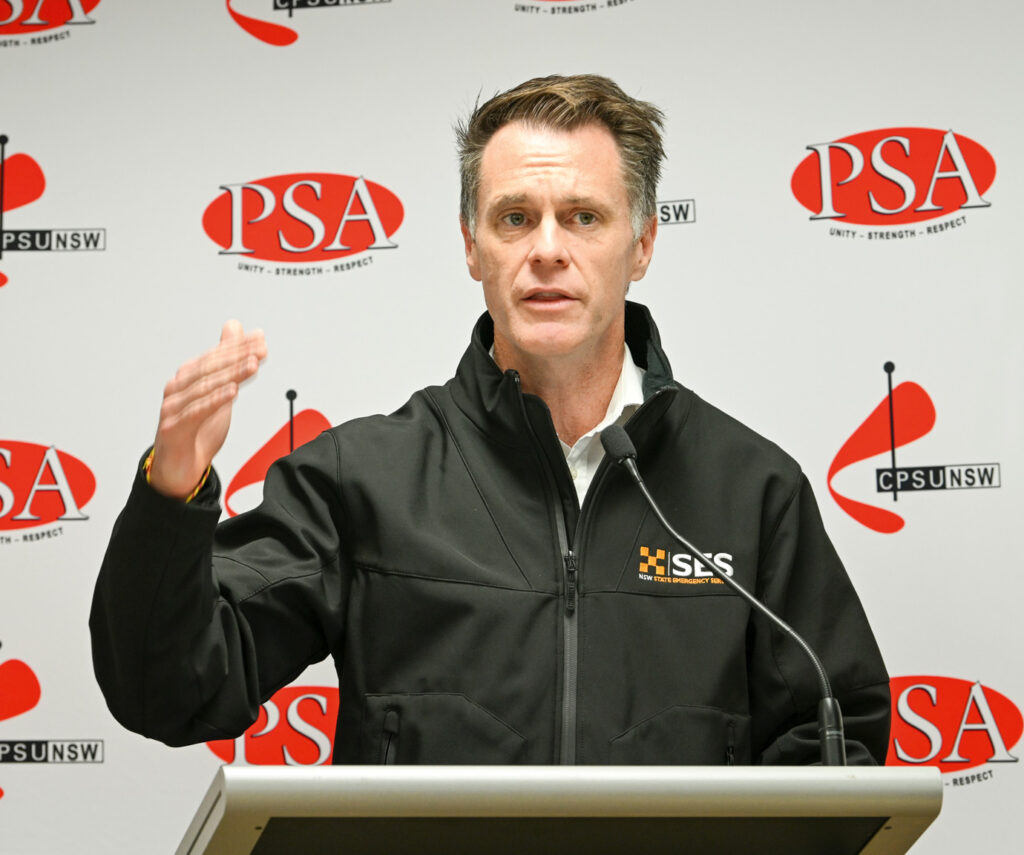
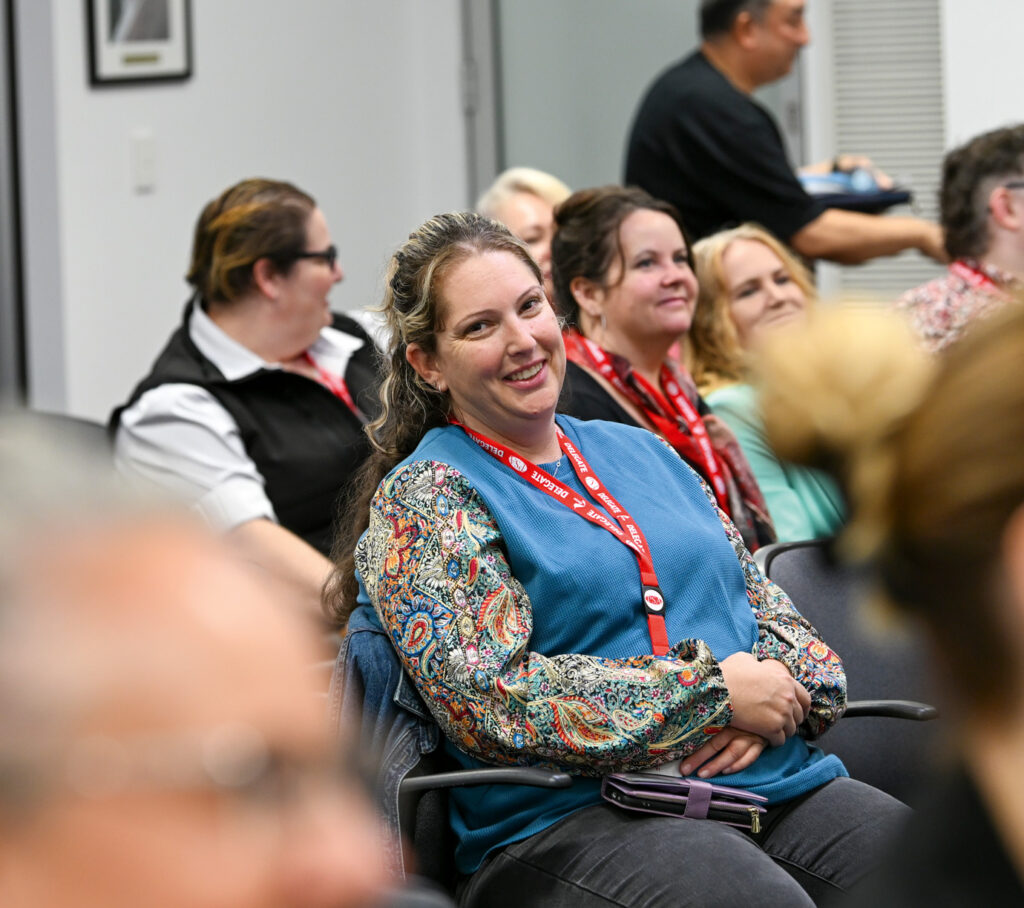
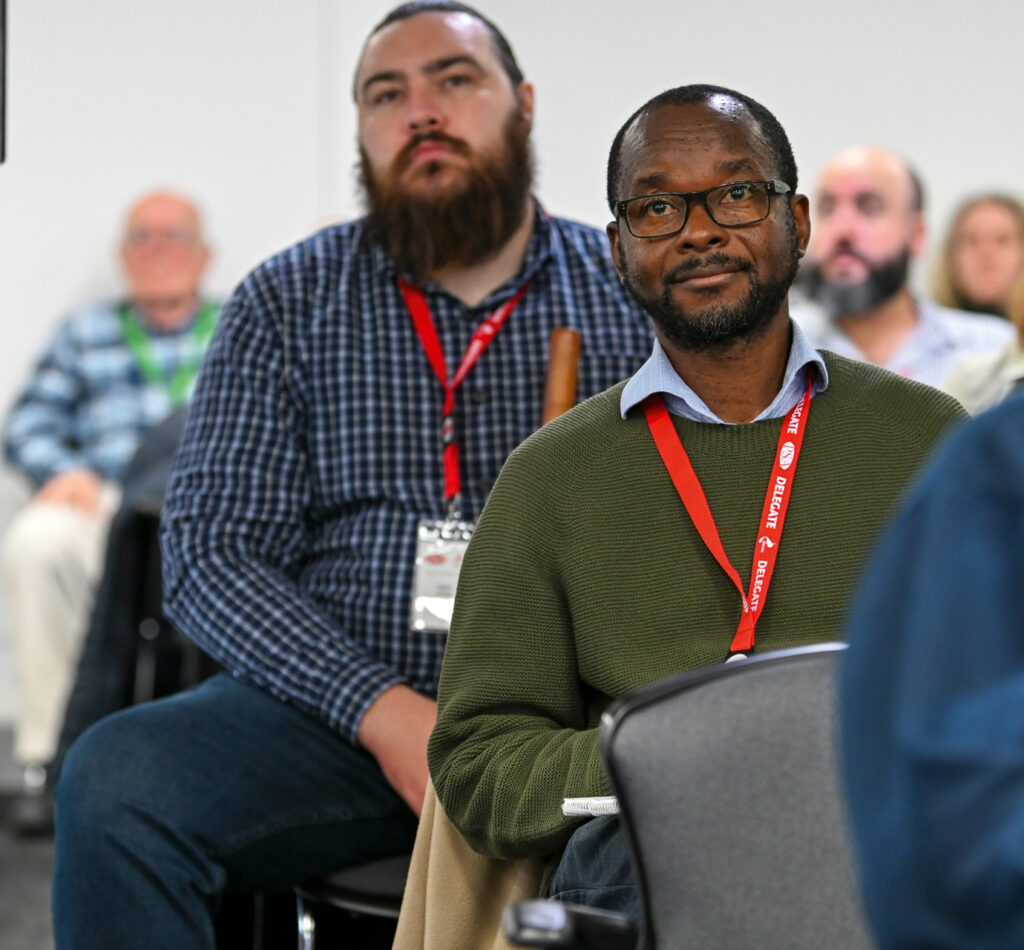
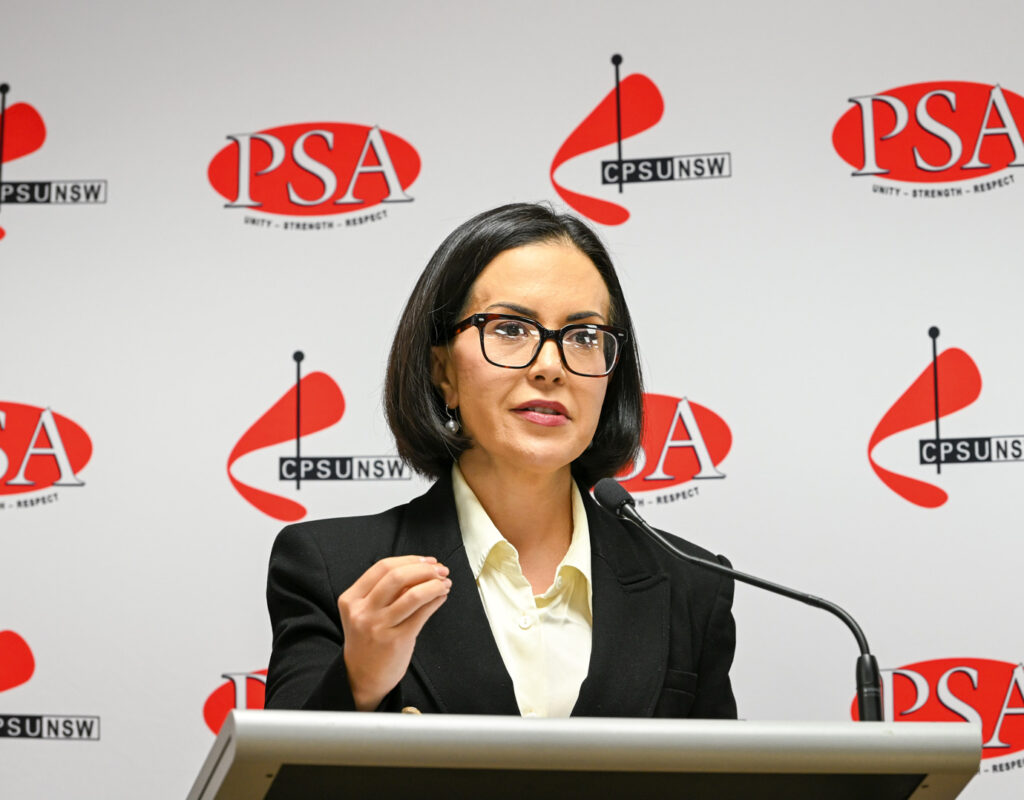
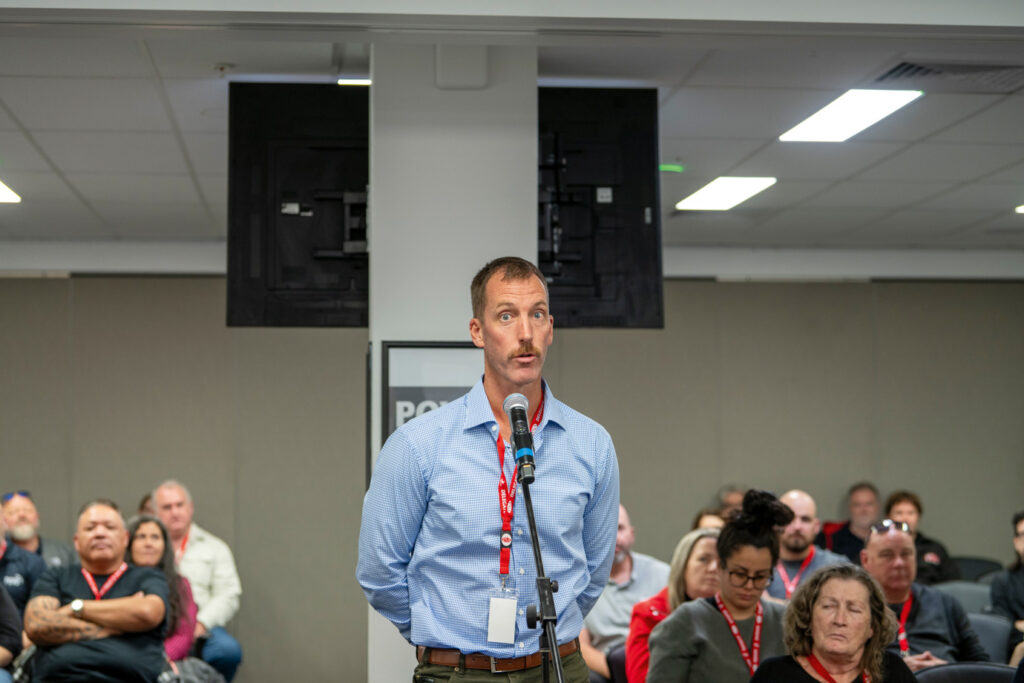
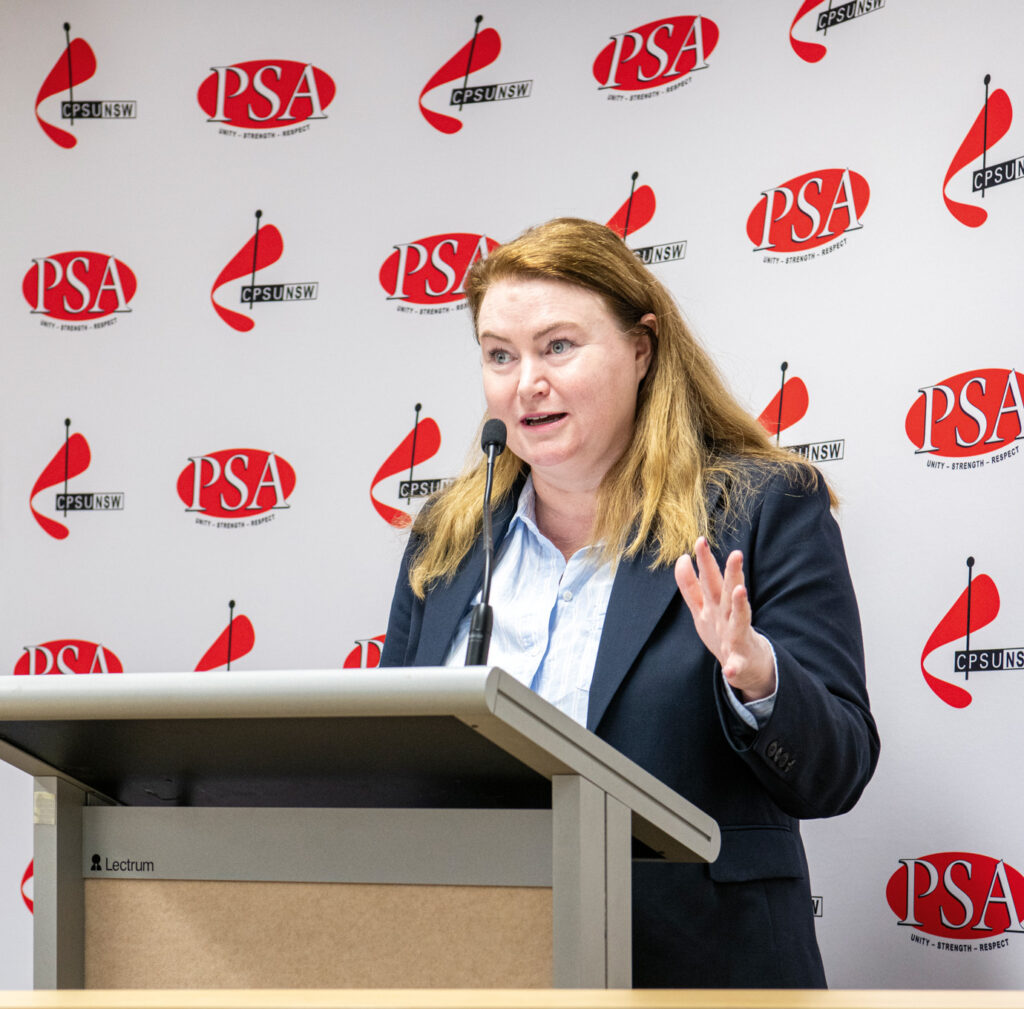
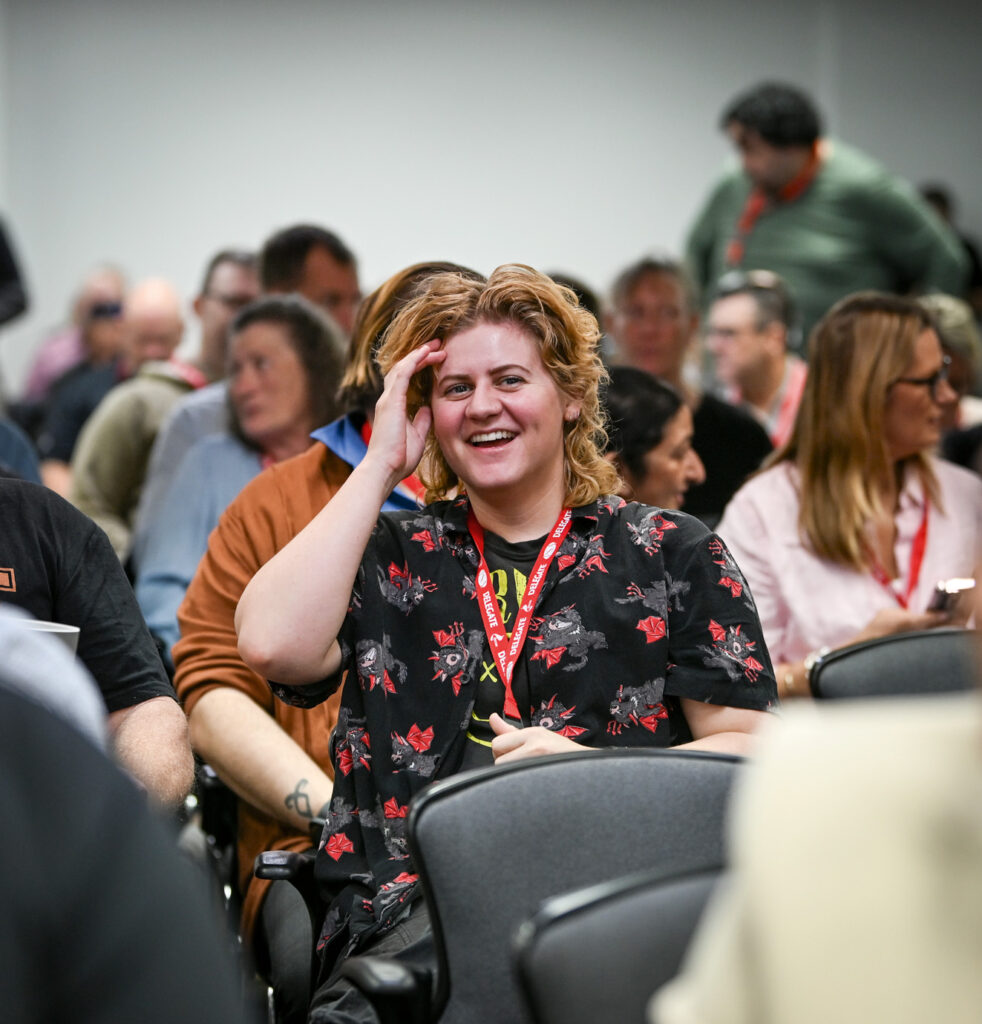
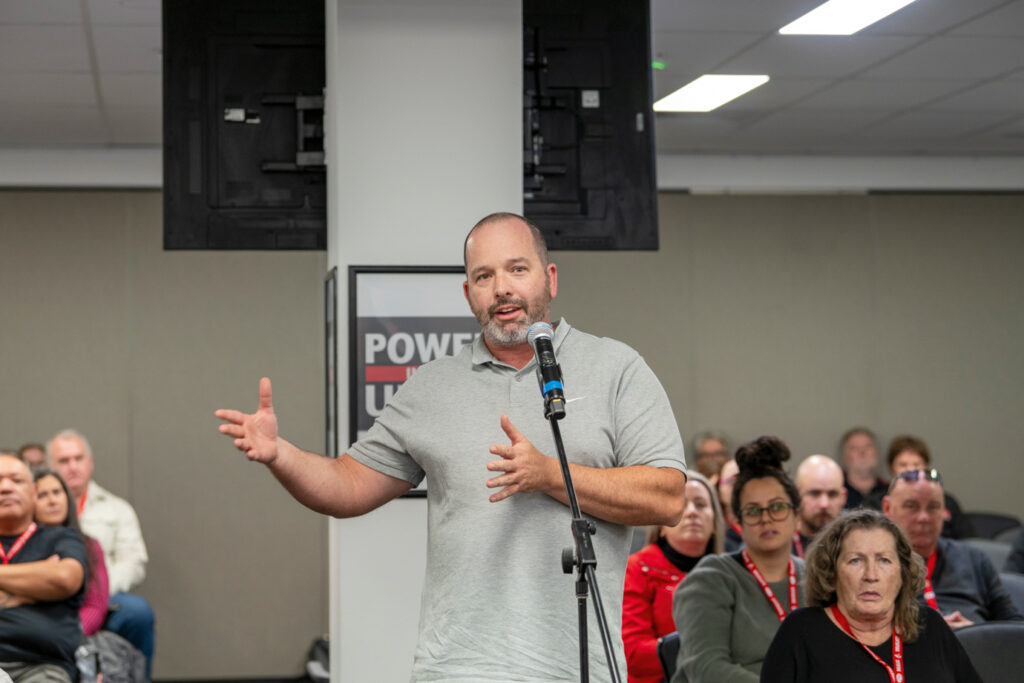
Ms Moriarty said the return of powers to the Industrial Relations Commission (IRC) and improvements to workplace health and safety were additional key achievements that boosted wages and conditions for PSA CPSU NSW members.
“We are a government committed to building safer workplaces,” she said. “People are entitled to be safe at work. This is not negotiable.”
The following speaker was Emma McBride, the federal member for the Central Coast seat of Dobell. Ms McBride opened her presentation with a message thanking the union movement for using its considerable power to support her party in the recent federal election campaign.
She said the win will mean more support “to those struggling” in Australia, with reforms such as improved facilities and greater access to bulk-billing in the regions. She said the Albanese Government will incentivise bulk-billing, build urgent care clinics to give “options for urgent free care in your community”, spend an additional $1 billion on mental health and cover more services with Medicare.
“Voters said no to wholesale sackings of public servants,” she said.
PSA CPSU NSW Senior Organiser Glenn Duncan discussed the different regional offices and the power of the union in addressing the issues members in the regions face. He covered wins based outside Sydney, as well as “areas of strong membership growth, like the Rural Fire Service”.
Delegate with the Prison Officers Vocational Branch (POVB), Darren King, joined Assistant General Secretary Troy Wright and President Nicole Jess to talk about Junee Correctional Centre’s transition from private to public ownership.
Mr King said that despite the lack of cooperation from management, “we inherited a great workforce and established a great POVB branch there with about 99 per cent coverage”.
Mr King said the power of the union translated to benefits that will be felt in members’ hip pockets, with pay increases of up to $55,000 a year and an increase to seven week’s annual leave. In addition, there will be better staffing levels, a more diverse range of roles, more acting up opportunities and shift penalties.
Mr Wright said the old business model at Junee was a prime example of how outsourcing “exploits regional NSW” by targetting areas with few job opportunities.
The following day Nathan Moran, Chief Executive Officer of the Metropolitan Local Aboriginal Land Council, welcomed attendees to Conference, comparing land rights to the fight for workers’ rights.
Officially launching the conference before visiting flood-hit regions in the Mid North Coast, NSW Premier Chris Minns outlined some of the decisions his government had made in the face of powerful PSA CPSU NSW campaigns on behalf of members. He mentioned the conversion of thousands of temporary schools staff into permanent roles and an end to a reliance on consultants that “got completely out of hand under the previous government”.
“It demoralised our agencies and weakened corporate memory,” he said. “We are trusting public sector workers again.”
He said this passion for public service did not go unnoticed by the voting public.
“When the Liberals demonised public servants and pitted workers versus workers, voters didn’t have it,” he said. “You cannot win elections in Australia unless you respect every worker, private and public, blue collar and white collar.”
“Thanks to the relentless advocacy by the PSA and Prison Officers, we have brought Junee into public hands and will do the same for Parklea next year,” he said, adding that his government has also banned private businesses electronically monitoring people on bail.
Following the Premier, General Secretary Stewart Little talked about the achievements possible when members are represented by a strong, powerful union.
He spoke about two topical subjects; workers in floods and union negotiations over workers’ compensation changes, then looked back at a year when a powerful union won “new deals for Sheriff’s Officers, Special Constables, Child Protection Workers and Psychologists” and “over 8000 permanent positions for school support staff”.
Mr Little said the union’s campaign to restore power to an independent Industrial Relations Commission was another reflection of its power.
Deputy Premier and Minister for Education Prue Car was the keynote speaker for the conference. Ms Car said “it is always a pleasure to work with the PSA”, acknowledging the union’s power in winning on behalf of “the PSA members are the unsung heroes of our schools”.
She said there was more to be done to tackle workload in schools, and had responded to union pressure with “a system-wide approach” to addressing the issue, including better training for staff.
Ms Car said her government was listening to the PSA CPSU NSW and doing more to confront violence in the school system and improving the formula which is used to allocate General Assistant workloads.
She also praised School Psychologists “in a time where children face greater mental health challenges than ever before”.
The recent election win by the Albanese Government, she said, would mean a better funding deal with Canberra, vowing to ensure “billions spent on education goes where we need it”.
Ms Car listened to members’ questions, taking notes and promising to provide answers when she had the requested information.
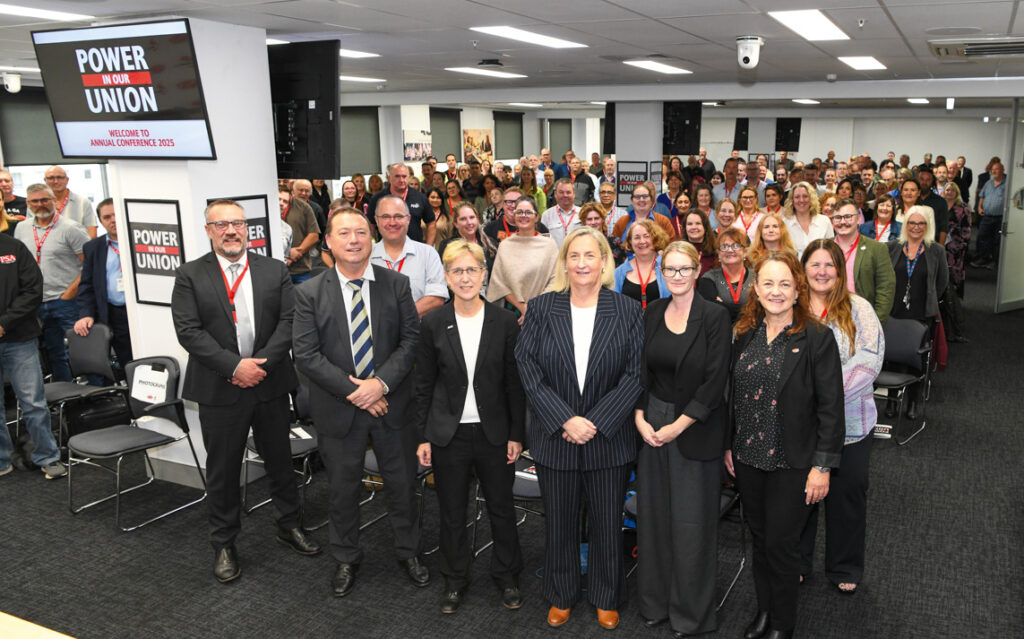
Secretary of the Australian Council of Trade Unions, Sally McManus, followed the Deputy Premier, expressing her surprise “at the scale of the election win and the progressive state of the Senate”, which she said would serve workers well for the next two terms of government at least.
The win, she said, reflected the power of a union movement that was growing, adding its opponents “are stuck in an echo chamber that failed to resonate with the wider public”. Ms McManus said the idea to attack public sector workers alienated voters who had seen what happens when vital jobs are cut: “Robodebt, service cuts for veterans and queues for services”.
However, despite this win, she said the union movement needs to be wary of the far right emerging globally and not to use election result to rest on its laurels.
She said artificial intelligence will “shape and change our jobs and our world”. It can “be used to make the world better, but you can see how, in the hands of the wrong people, like the billionaire class, it can be used for the opposite”.
Ms McManus added that Australia is facing a housing crisis and that the union movement should be playing a bigger role in coming up with a solution that can help future renters and buyers.
“It is unacceptable to pass on a worse world to future generations,” she said.
Four Senior Organisers followed Ms McManus in a panel on how union power can convert to wins. Anne Kennelly discussed how membership density makes more powerful workplaces for the PSA.
“If you haven’t asked your workmates to join, do that,” she said. “If you don’t ask you won’t know if they are a member or not.” She urged Delegates to get members more involved and become active. Calling Delegates “the unsung heroes who keep things running smoothly” she said every attendee should be boosting union power.
Glenn Duncan talked about boosting power by “planning and training”, encouraging people to not only enrol in courses, but to update their skills by refreshing their training over time.
Belinda Tsirekis talked about how anger among members at the Child Protection helpline “developed a fighting culture”.
Chris Auld took attendees through the successful campaign on behalf of Sheriff’s Officers. Focusing on union power, Mr Auld went through how the PSA began its actions in the Hunter, where there was high membership, creating a template for other areas to follow.
Assistant General Secretary Troy Wright launched the union’s Protect and Respect campaign, discussing issues such as assaults in prisons, a bomb threat and everyday aggression at Service NSW, hostility to Fisheries Officers and abuse at Homes NSW staff.
Marko Petrovic followed with a presentation on work health and safety and the importance of Health and Safety Representatives in NSW workplaces.
Industrial Manager Julie-Ann Bond hosted a panel on wins in the workplace that “can come in many shapes and sizes”.
General Assistant Bill Martin talked about an unpaid laundry allowance that put “an extra few dollars in my pocket” then went on to talk about industry-specific conferences the PSA successfully lobbied for.
Sheriff’s Officer Roxanne Lloyd talked about how demonstrating the power that comes with a high density of union members means “management saw us and realised we have members now”. In addition to the highly publicised pay increase for Sheriff’s Officers, she said there were small wins, such as a reversal on a rule prohibiting visible tattoos.
Brad Stewart from the Rural Fire Service talked about the overtime win that resulted after his employers “simply failed to follow an award condition”.
Keith Smith and Tori Taylor of the Prison Officers Vocational Branch talked about prison nationalisation, which resulted from “a powerful union and General Secretary”. They discussed Ms Taylor’s work ensuring members at John Morony Correctional Centre were covered by the same Award as other Corrective Services NSW sites.
Secretary of the federal arm of the Community and Public Sector Union, Melissa Donnelly opened the following day, focusing on the Albanese election win. While obviously happy for the preservation of her members’ jobs, she said “there was a lot at stake for the tens of thousands of Australians who depend on public services”.
She said the Albanese Government’s commitment to the Public Sector was in stark contrast with the profligate Scott Morrison, who presided over a $21 billion contractor bill. Despite this huge number, she said, Veteran Affairs under-resourcing saw 42,000 cases backlogged.
The election was on the mind for the next speaker, analyst Kos Samaras.
He said Mr Dutton’s plans to cut jobs would not just have affected the 41,000 Public Sector workers, but up to 9 million people in their “social networks”.
Mr Dutton, he said, turned off women voters. “Morrison had a problem with women professionals,” he said. “Dutton had a problem with women full stop.”
Mr Samaras said 70,000 18-year-olds enrolled to vote every year, reducing the influence of Baby Boomers. This is bad news for a Liberal Party that was not adapting to a changing Australia.
“This election was the end of the Howard era,” he said. “Back then they found some ‘losers’ and used them as a scapegoat to win votes. You think of Tampa; there always has to be a victim. This time they chose to sack 41,000 public servants. They pulled this out because this was the die that worked
last time.”
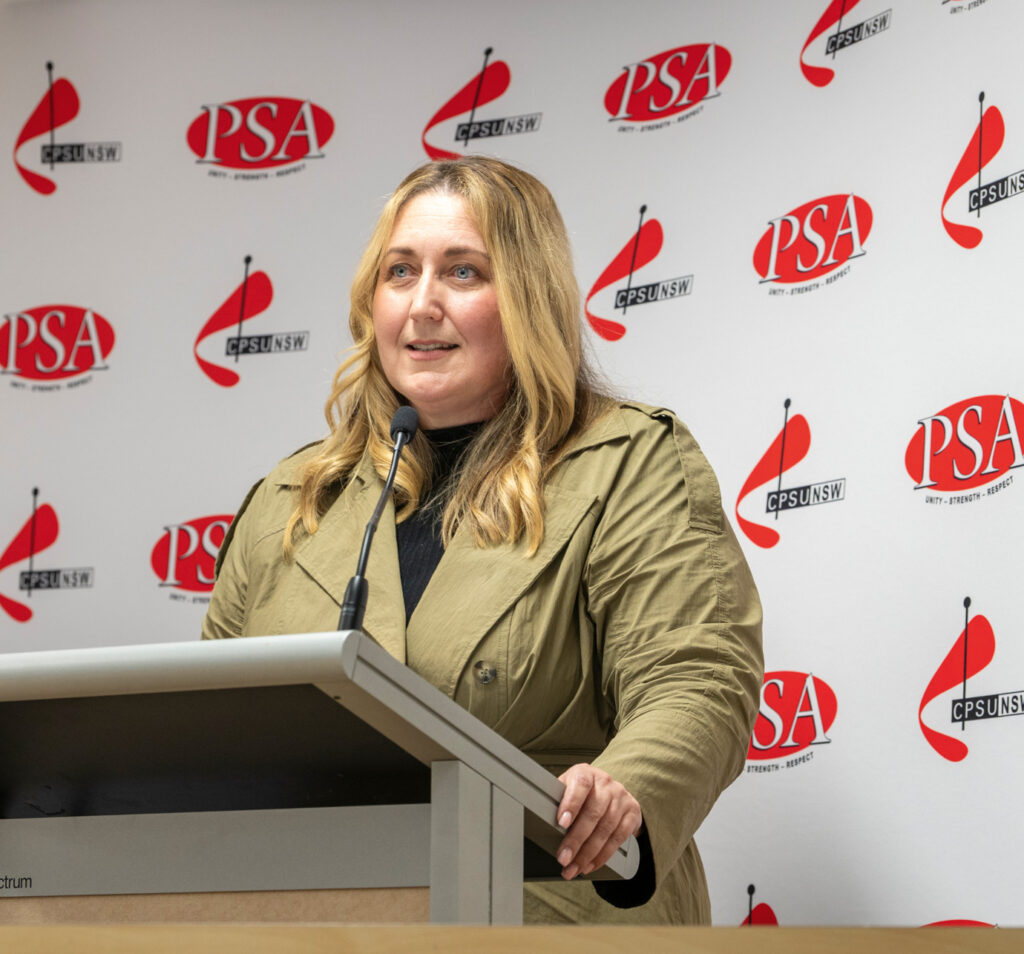
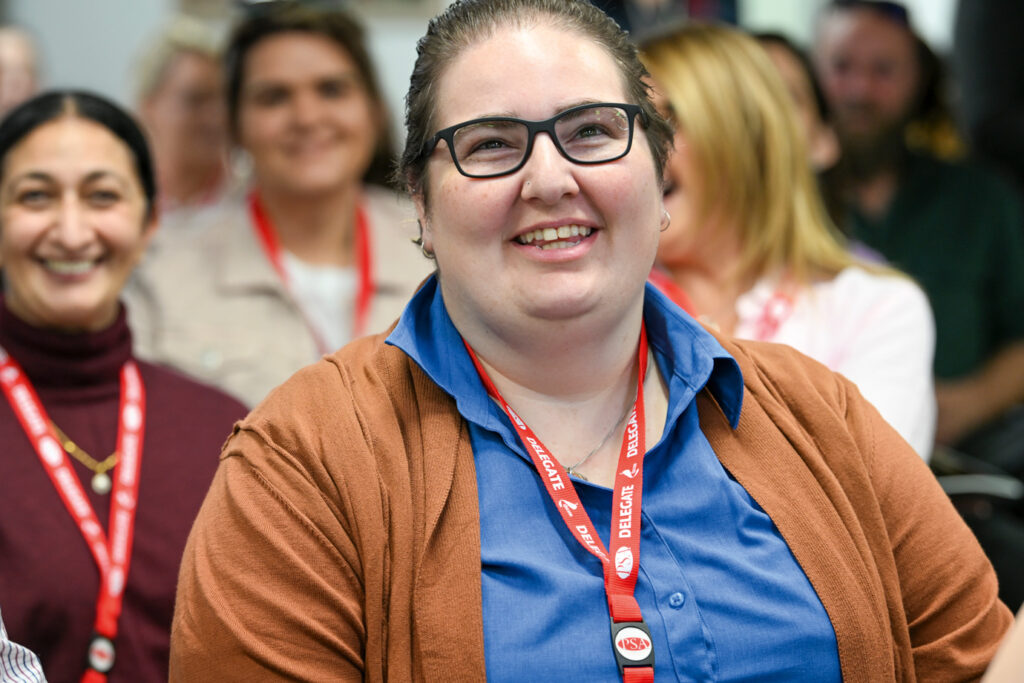
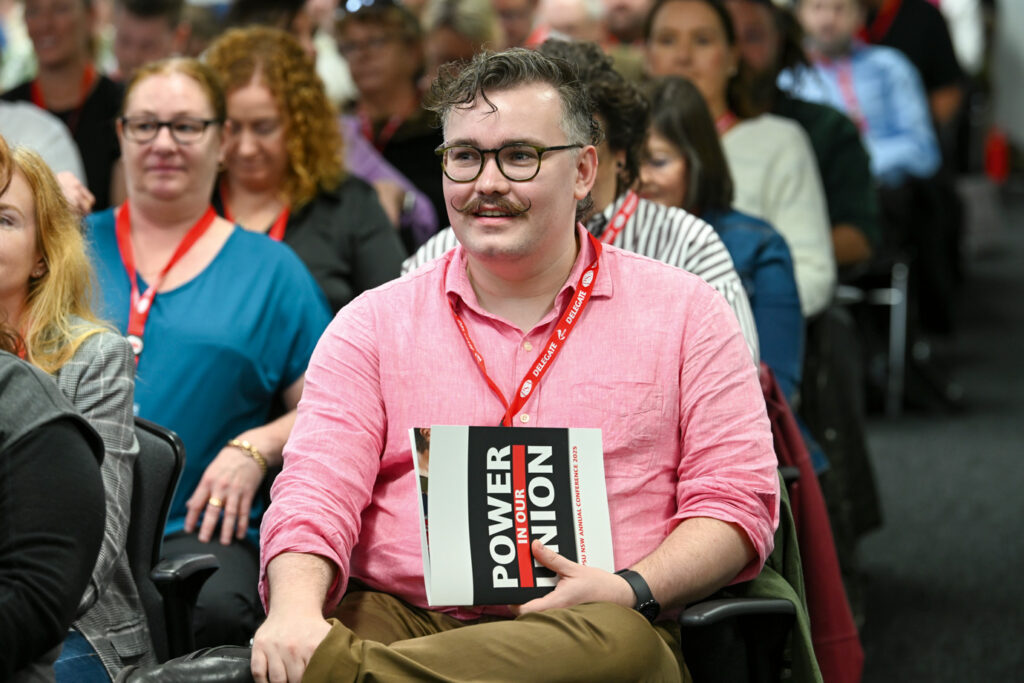
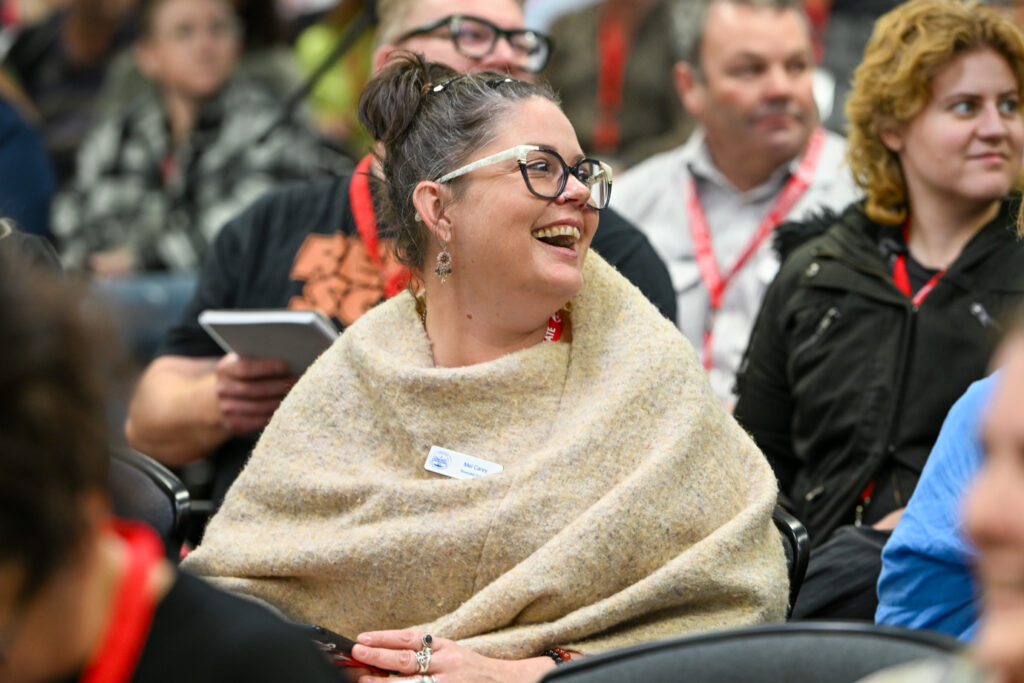
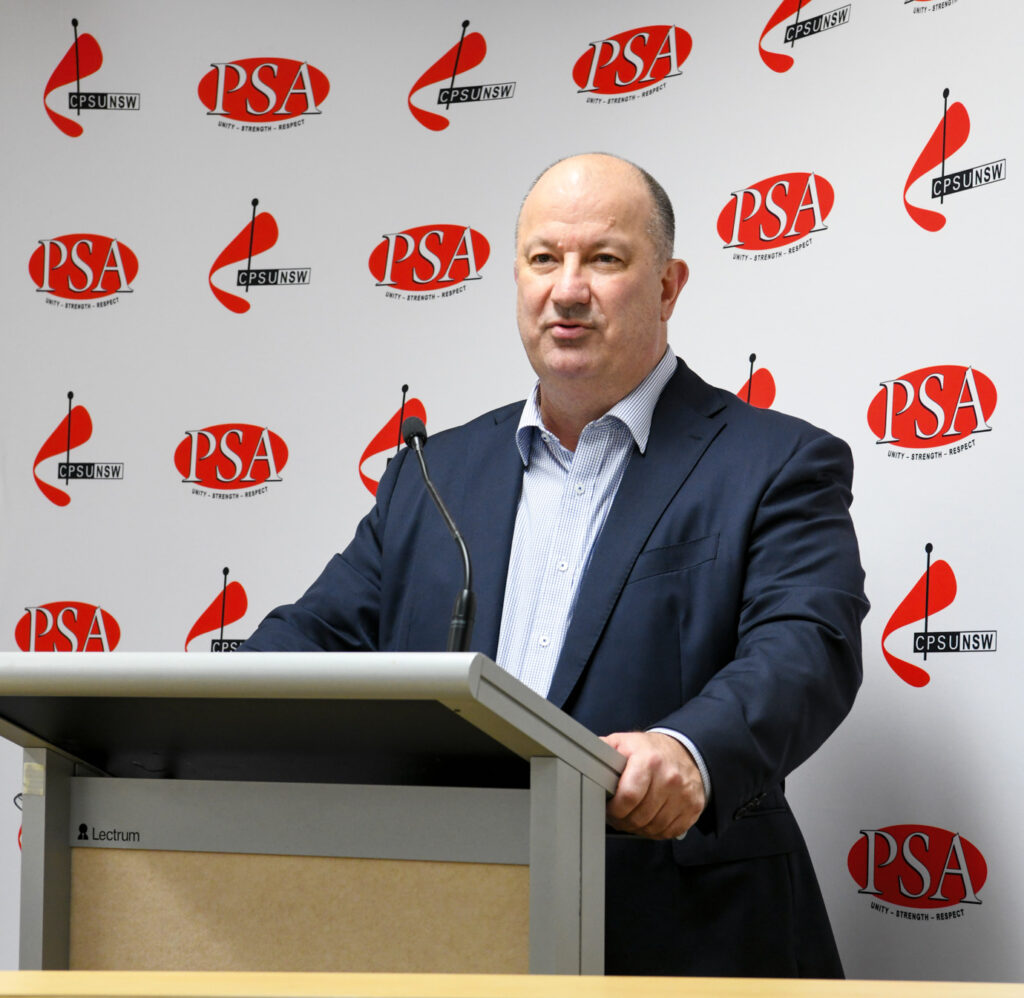
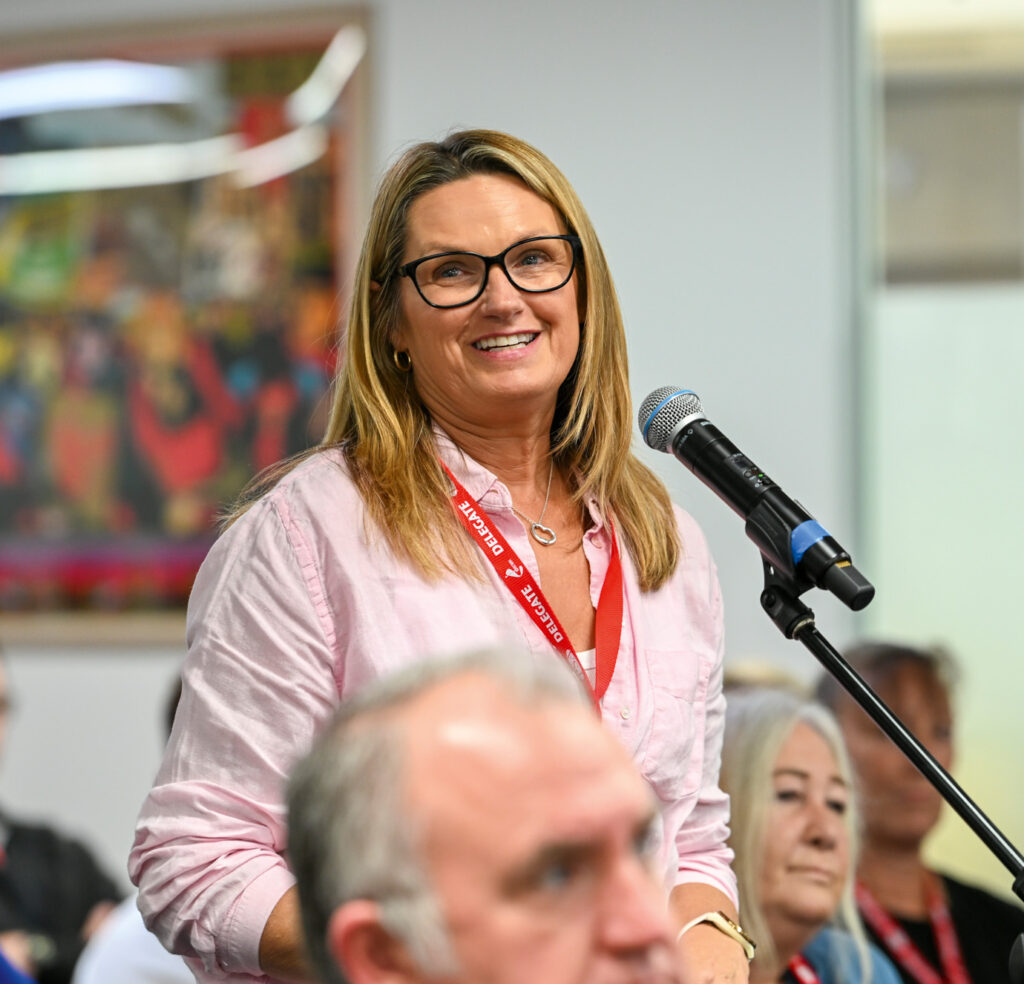
Mark Morey, Secretary of Unions NSW, praised the power of the PSA “The PSA is at the forefront of everything we do,” he said. This includes our workers’ compensation dispute.”
He said high-density sites covered by the PSA CPSU NSW mean “union power” when negotiating with employers.
“It is a benefit to be a union member and to have union power behind you.”
He said to boost this power, unions needed to recruit younger workers by working and winning on issues that are important to them, including mental health.
Campaigns and Communications Manager Marianne Ledic joined Senior Organiser Glenn Duncan to launch the updated Delegates’ Handbook to attendees.
The two went through the book, outlining its value as a tool for representing members and its strategies to increase union power through recruitment.
“We know there is power in our union,” said Mr Little after the event. “Annual conference lets us boost that power so we can continue to win for members.”



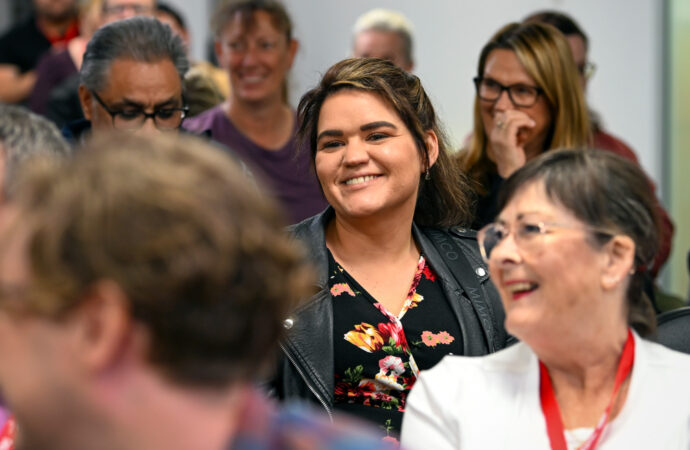




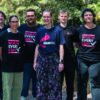





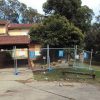
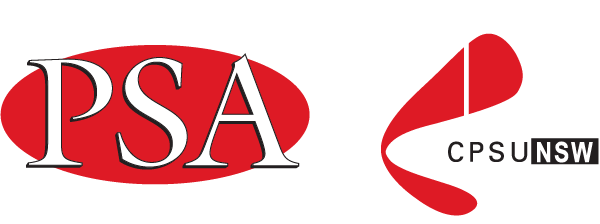
Leave a Comment
Your email address will not be published. Required fields are marked with *